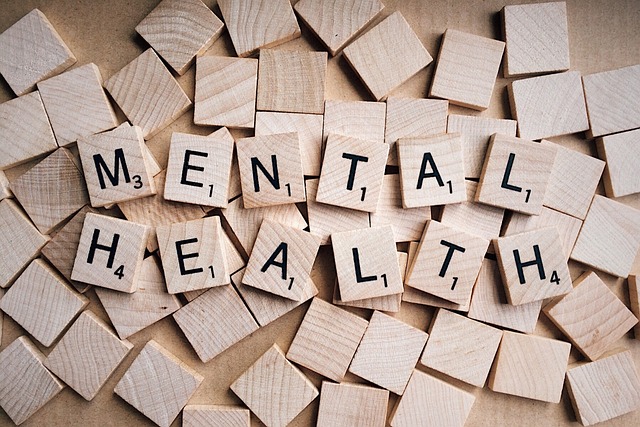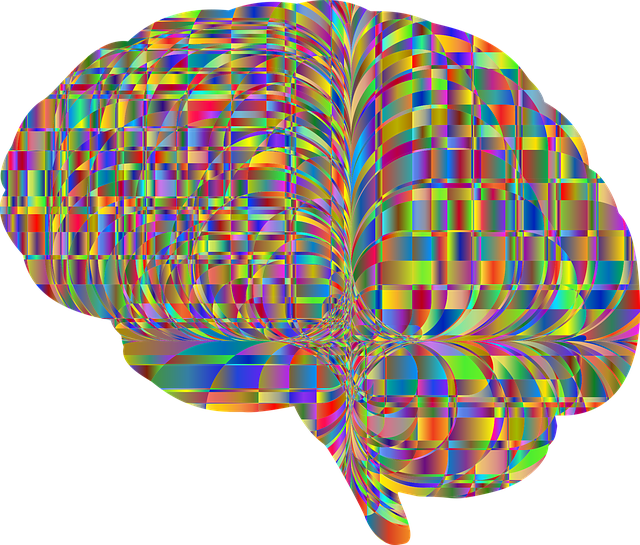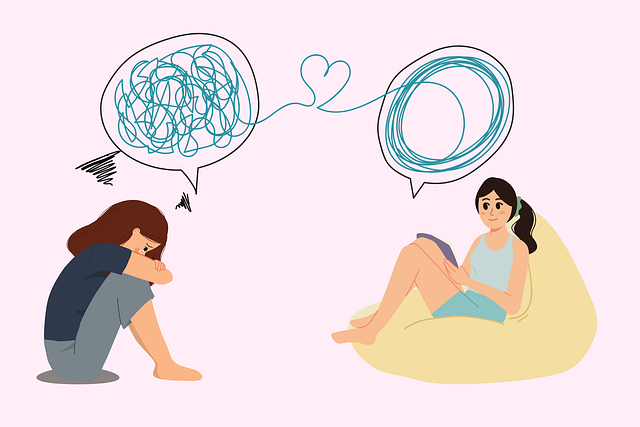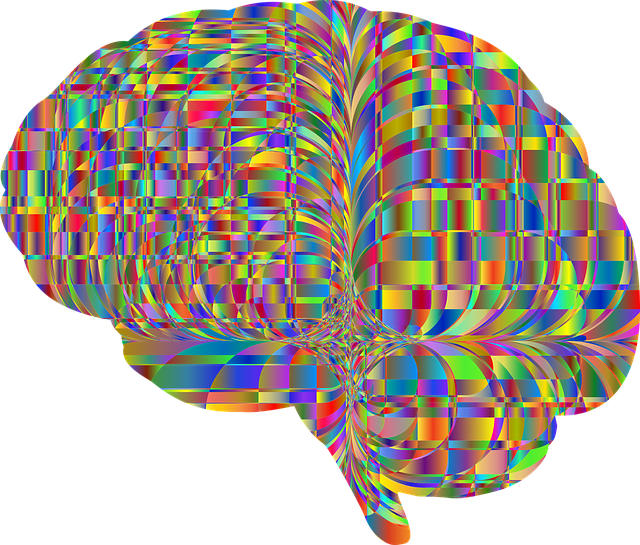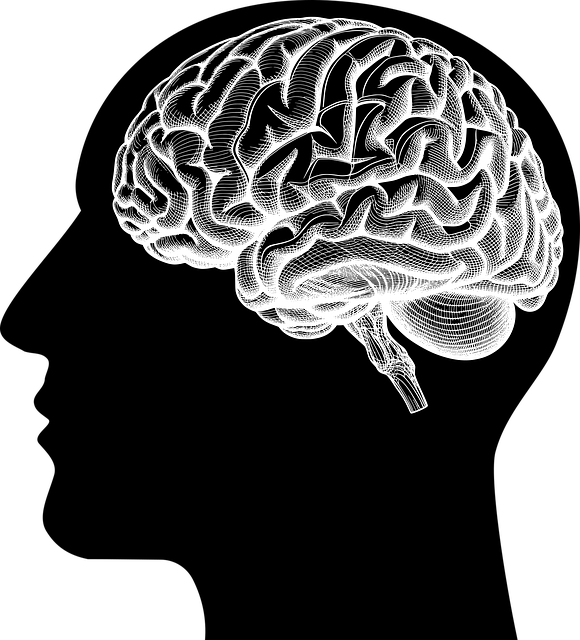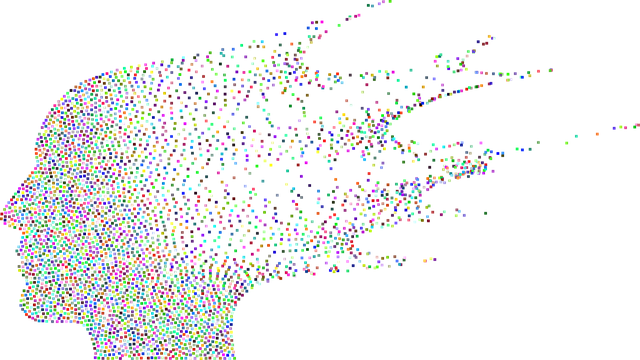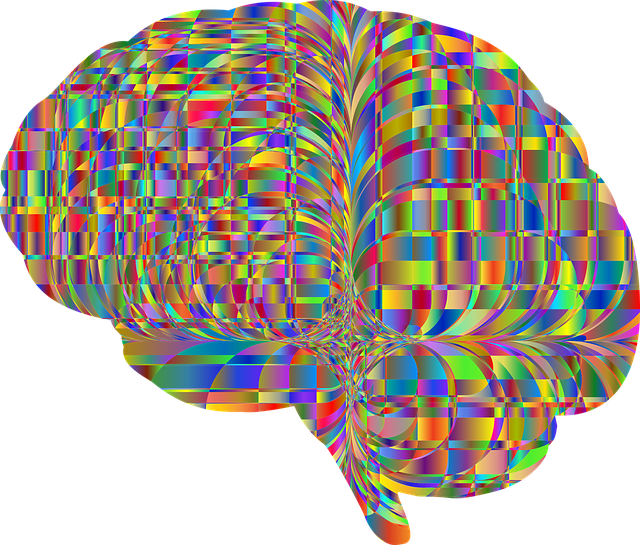Mental health challenges among Golden Veterans often go unnoticed, but educational programs fostering open dialogue through interactive workshops, group discussions, and peer mentoring equip them with tailored coping strategies for early intervention. A balanced curriculum, community outreach, and strategic adaptability, like those seen in Golden Veterans Therapy, are key to successful mental health education, normalizing discussions, and promoting positive outcomes.
“Mental health education programs play a pivotal role in fostering empathy, awareness, and resilience among Golden Veterans. This article delves into the strategic design of such programs, focusing on understanding mental health issues to create supportive environments. We explore engaging program structures and activities aimed at enhancing coping mechanisms.
Additionally, we discuss implementation strategies and continuous improvement techniques to ensure effective delivery tailored to veteran support initiatives, emphasizing the importance of adaptability in Golden Veterans therapy.”
- Understanding Mental Health Issues: Creating a Foundation for Empathy and Awareness Among Golden Veterans
- Program Structure and Activities: Designing Engaging Sessions to Foster Resilience and Coping Mechanisms
- Implementation and Continuous Improvement: Strategies for Effective Delivery and Adaptability in Veteran Support Initiatives
Understanding Mental Health Issues: Creating a Foundation for Empathy and Awareness Among Golden Veterans

Mental health issues among Golden Veterans, those who have served in combat zones or faced challenging circumstances during their service, often remain hidden and undiscussed. A comprehensive education program aimed at this demographic should start by fostering a culture of open dialogue and empathy. By providing a safe space for veterans to share their experiences, peers can gain valuable insights into the unique challenges they face, such as post-traumatic stress disorder (PTSD), depression, and anxiety. This foundation of understanding paves the way for creating supportive environments that encourage help-seeking behaviors.
Education plays a pivotal role in promoting mental wellness by empowering Golden Veterans with knowledge about burnout prevention, inner strength development, and effective stress reduction methods. Through interactive workshops, group discussions, and peer mentoring, veterans can learn coping strategies tailored to their experiences. Equipping them with these tools allows for early intervention and empowers individuals to manage their mental health proactively, ensuring they have the resources needed to thrive in civilian life.
Program Structure and Activities: Designing Engaging Sessions to Foster Resilience and Coping Mechanisms

The structure of a mental health education program plays a pivotal role in its effectiveness. A well-designed program should incorporate a mix of interactive sessions, group discussions, and hands-on activities to engage participants and foster resilience. Each session should be carefully planned to address specific mental health topics, such as stress management, emotional regulation, and coping strategies. Incorporating Golden Veterans Therapy techniques, like self-awareness exercises, can help individuals develop a deeper understanding of their thoughts and emotions.
Community outreach is another crucial aspect of program implementation. By reaching out to local communities, schools, or workplaces, the program can touch a wider audience and create a supportive network. Encouraging open conversations about mental health challenges and providing accessible resources can normalize these discussions and enable participants to build effective coping mechanisms. Moreover, integrating activities that promote emotional regulation, such as mindfulness practices or art therapy, can help individuals manage stress and cultivate a sense of calm.
Implementation and Continuous Improvement: Strategies for Effective Delivery and Adaptability in Veteran Support Initiatives

Implementing a mental health education program tailored to veteran support requires strategic planning and adaptability. The success of initiatives like Golden Veterans Therapy lies in continuous improvement, ensuring the program remains effective and relevant. One key strategy is fostering cultural sensitivity within mental healthcare practices, addressing unique challenges faced by veterans from diverse backgrounds. By incorporating cultural competence training, professionals can better understand and serve this population, fostering a supportive environment that encourages open dialogue and trust.
Additionally, leveraging the mind-over-matter principles can enhance program delivery. Educating participants on cognitive strategies to manage mental health issues empowers them to take an active role in their well-being. Regular risk assessments for mental health professionals are also crucial, as they help identify potential risks and triggers within the therapy setting, ensuring a safe and supportive environment. This adaptive approach allows the program to evolve, catering to the dynamic needs of veterans while promoting positive outcomes.
Mental health education programs designed with a focus on Golden Veterans need to be comprehensive, empathetic, and adaptable. By understanding the unique mental health issues faced by this demographic, structuring sessions that foster resilience and coping mechanisms, and continuously improving through feedback and adaptability, we can create impactful initiatives like Golden Veterans Therapy. These strategies ensure support that is not just effective but also tailored to the specific needs of Golden Veterans, ultimately enhancing their overall well-being.

